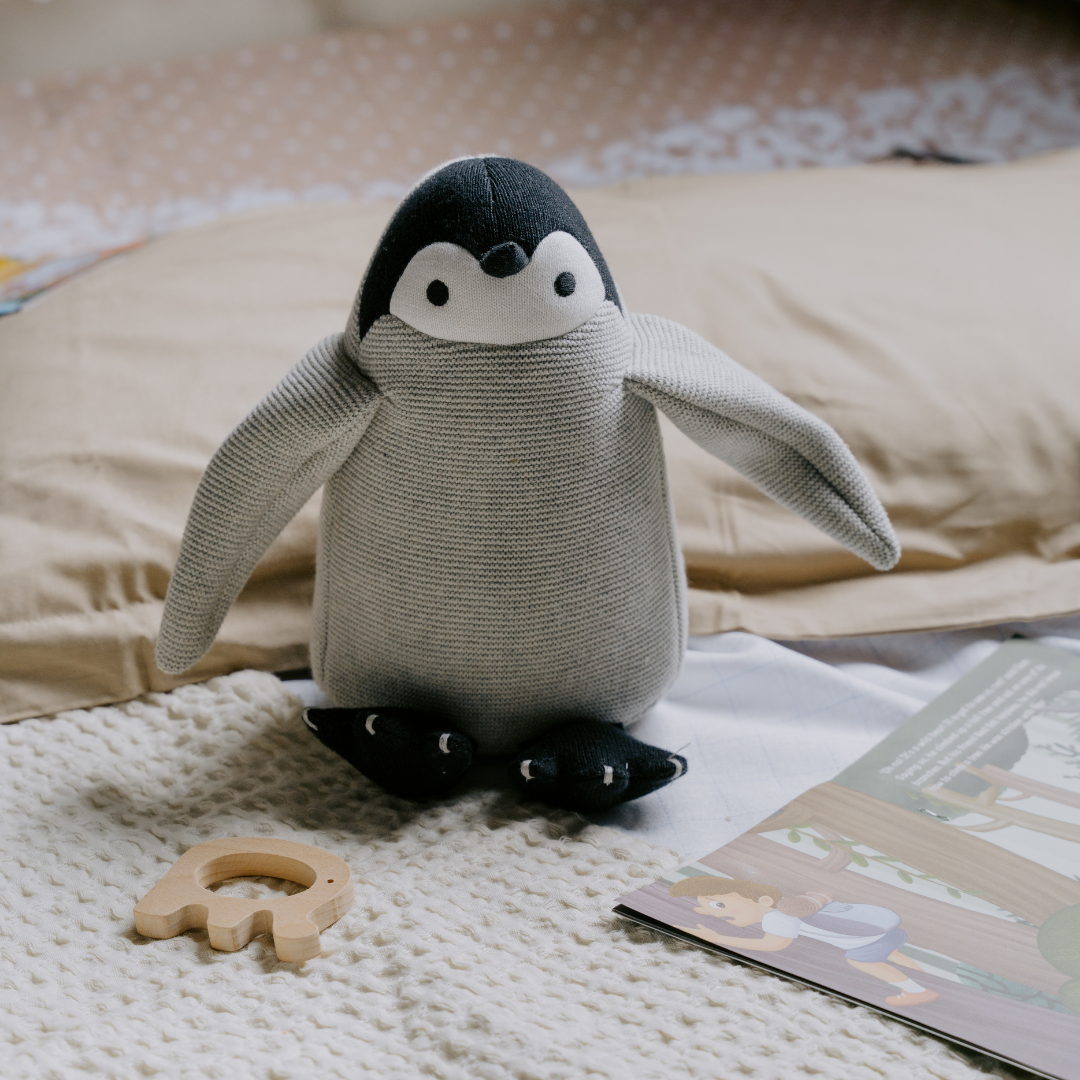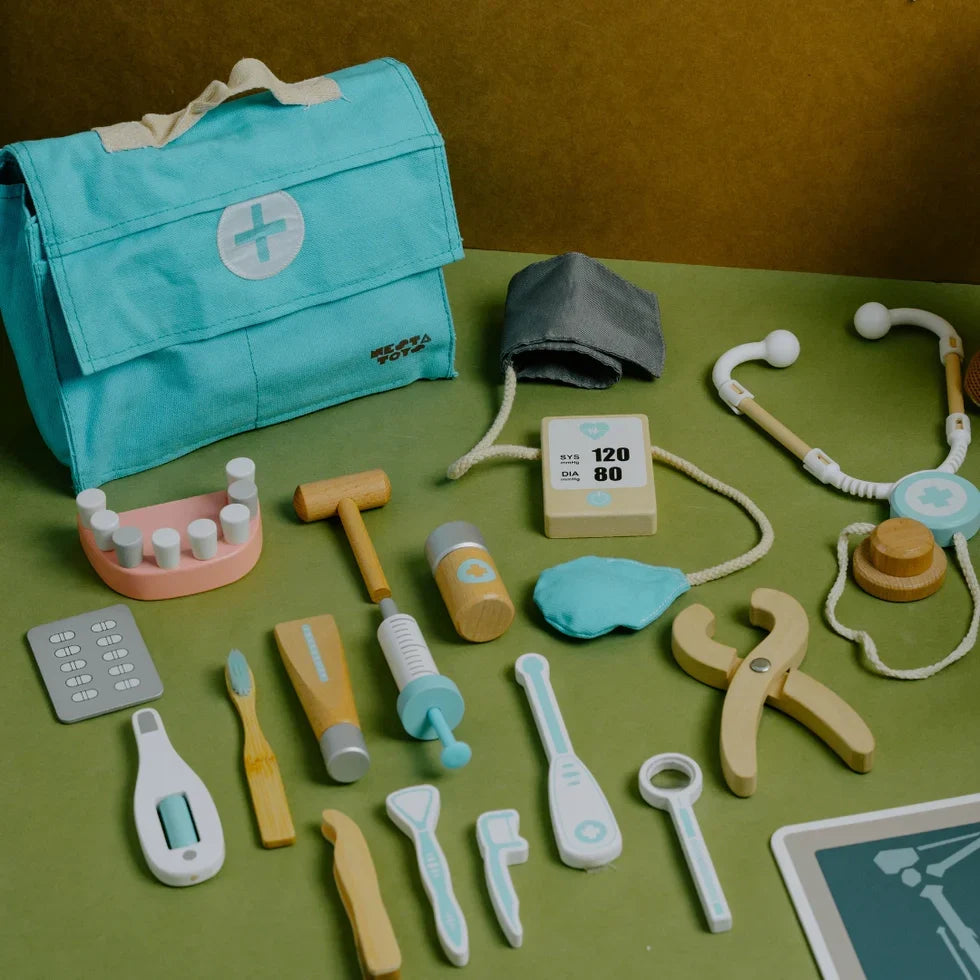Montessori Sensitive Periods
Montessori sensitive periods are specific times when a child shows a strong interest in developing a particular skill or learning a new concept. Dr. Maria Montessori identified six key sensitive periods: order, language, walking, the social aspects of life, small objects, and learning through the senses. These are crucial phases of psychological development in early childhood, usually occurring within the first six years of life.
Key sensitive periods include:
- Language: During this time, children naturally absorb words, sounds, and grammar, making it the prime stage for language development.
- Order: During this stage, children seek structure and predictability, which helps them feel secure and make sense of their surroundings.
- Movement: During this period, children develop both fine and gross motor skills, improving their ability to grasp, move, and manipulate objects with greater control.
- Social Behavior: At this stage, children start forming relationships, understanding social norms, and practicing communication skills through interactions with peers and adults.
- Sensory Exploration: The period between birth and six years old is crucial for developing sensory skills, where children explore the world through their senses.
- Mathematical Mind: From three to six years old, children are naturally drawn to patterns, numbers, and logical thinking.
By recognizing these phases, educators can create an environment that nurtures a child's natural curiosity and supports their optimal growth.
How to Use Montessori Sensitive Periods to Teach Kids Effectively?
To use Montessori sensitive periods to teach kids, it's important to observe their natural inclinations and provide appropriate learning experiences tailored to their developmental needs. Here's how you can harness these periods effectively:
-
Observe and Recognize: Supporting these moments with the right activities and environment helps children absorb and master skills more effortlessly.
-
Provide Hands-On Learning: Similarly, during the sensitive period for movement, encourage activities like climbing, stacking, and manipulating objects to refine motor skills.
-
Create a Prepared Environment: This allows children to explore and learn independently, fostering curiosity and self-motivation.
-
Encourage Independent Exploration: This hands-on approach helps reinforce learning, build confidence, and develop essential life skills naturally.
-
Respect the Child’s Pace: Respecting each child's timeline fosters deeper learning, confidence, and a lifelong love for exploration.
-
Provide Repetition: Kids in sensitive periods often want to repeat activities, whether it’s the same puzzle or song. Repetition reinforces learning and builds confidence.
By aligning teaching strategies with the child’s sensitive periods, you foster optimal learning and development, respecting the natural progression of their growth.












